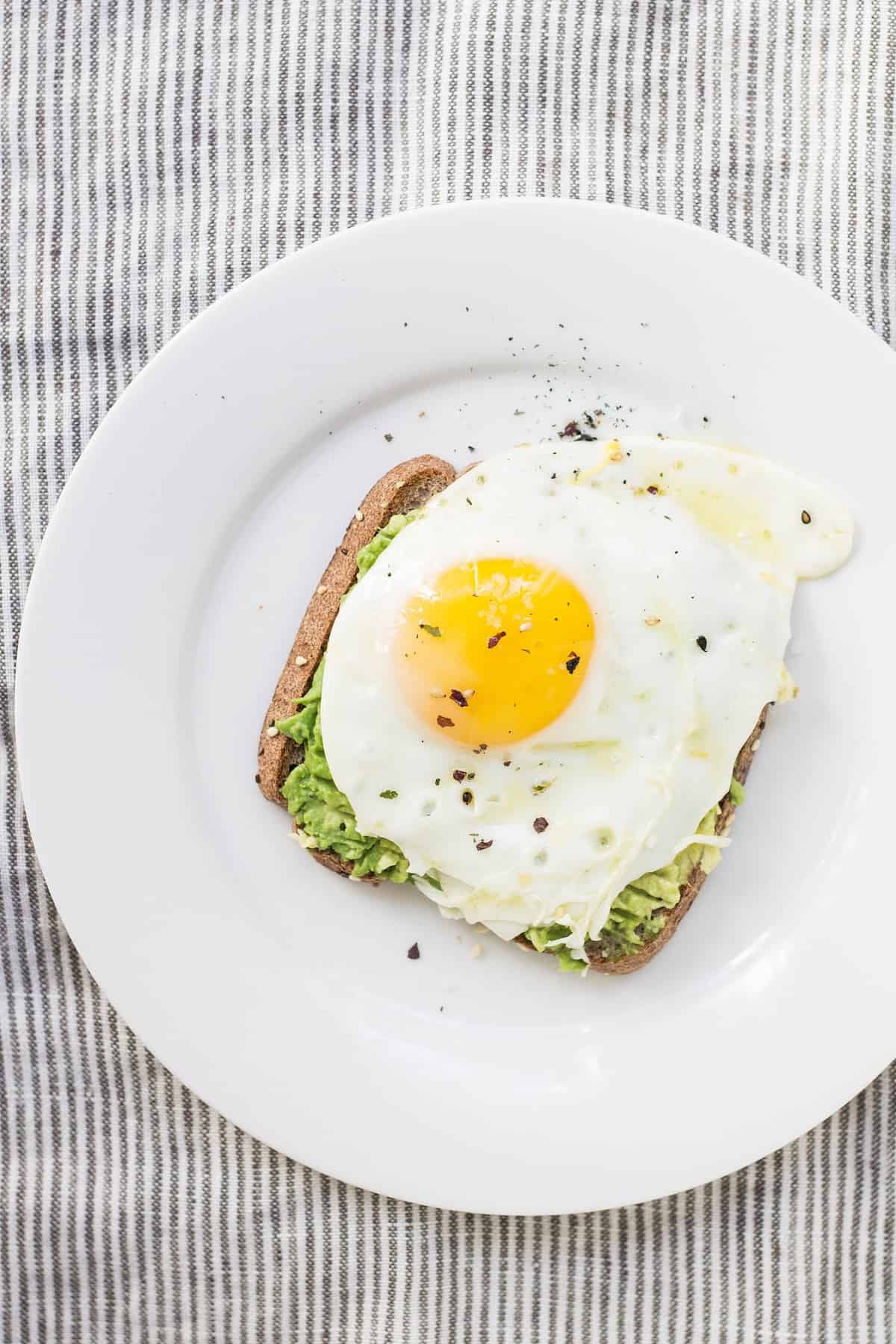The Facts About Eggs and Cholesterol
As a dietitian, I can tell you that eggs are probably the number one food that causes the most confusion among people trying to eat a heart-healthy diet to lower their cholesterol. Many people still avoid them because they are high in cholesterol.
But newer, larger research studies on eggs, dietary cholesterol, and heart disease suggest that eggs are not as unhealthy as we thought. Here's what you should know about eggs and cholesterol, including whether you should avoid them if you're at risk for heart disease.
Nutrients in Eggs
Eggs are very nutritious. The whites are an excellent source of protein, with very few calories (only 17 in a large egg) and no fat or cholesterol.
The egg yolk contains fat, but most of that fat is unsaturated (heart-healthy). It's also packed with nutrients.
One whole large egg provides:
- calories: 72
- Protein: 6g (including all of the essential amino acids)
- Fat: 5g (less than 2g is saturated fat)
- Carbs: trace
Eggs also provide nearly every essential vitamin and mineral your body needs to stay healthy.
How Much Cholesterol is in Eggs?
A large egg has about 200 mg of cholesterol. And that's what still has people worried.
Decades ago, researchers linked diets high in cholesterol to an increased risk of heart disease. They thought foods high in cholesterol were largely responsible for increasing blood cholesterol. Public health experts recommended limiting dietary cholesterol to no more than 300 mg per day.
You can see how eating a few eggs a few times a week can push you right over the top of that recommendation.
But as researchers have continued to study the relationship between diet and heart disease, they've realized that it's not just cholesterol that has the greatest impact on our cholesterol levels and heart disease risk. It's saturated fat, refined carbs, sugar, and processed foods. I
In other words, eggs probably have less impact on your cholesterol than your white toast slathered with butter and jelly and your side of bacon and homefries flavored with bacon grease.
They've also realized when it comes to heart disease, your total cholesterol level is just one piece of the puzzle. It's important to consider:
- Your family history
- Your good cholesterol (HDL) and bad cholesterol (LDL) levels
- The type of bad cholesterol you have (large or small particle)
- Your other heart disease risk factors
Dietary cholesterol might play a minor role for some people. But for those with normal or even slightly elevated cholesterol levels, it seems to play a minor role in raising your cholesterol.

New Research on Eggs
A 2020 study on more than 146,000 people found no significant link between eggs, cholesterol, and heart disease. Some recent research even shows adding eggs to a plant-based diet can improve HDL (good cholesterol) levels and promote weight loss.
In 2015, the U.S. Dietary Guidelines removed the recommendation to limit cholesterol to 300 mg daily. No more counting dietary cholesterol for MOST of us. Yay!
The American Heart Association says it's OK for most with normal cholesterol people to eat up to two whole eggs a day as long as it's part of a heart-healthy diet that includes lots of fruits, vegetables, healthy fats, and lean proteins. They still recommend people who have high cholesterol go easy on egg yolks (the white is 100% fine) until more research is available.
Besides the cholesterol, cardiologists worry about a compound in egg yolks called phosphatidylcholine. This compound is converted to trimethylamine N‐oxide (TMAO) in your body. Some research links higher TMAO levels with a higher risk of stroke, heart attack, or vascular death.
What's the Best Way to Eat Eggs?
Does all of this mean most of us can eat all the eggs every day?
Nope!
I'm famous for telling my patients that all foods (even ice cream and chocolate) have good things in them. But food also has things that might be harmful in excessive amounts.
So it's important to aim for variety in your diet. Too much of any food (even apples or kale) isn't ever a good thing.
If you like eggs, you can safely eat one or two daily. But it's important to eat them as part of a healthy diet. Skip the bacon and eat them with other healthy foods. Like fruits, vegetables, whole grains, nuts, seeds, and healthy fats like olive oil or avocado.
For example, add a fried egg on top of whole grain avocado toast.

Or try these Mediterranean diet-inspired egg recipes:
Healthy Egg Recipes
Try these heart-healthy Mediterranean diet-inspired egg recipes
And every once in a while, switch up your eggs-for-breakfast routine with some oatmeal or a smoothie.
How often do you eat eggs?
Eat well!




